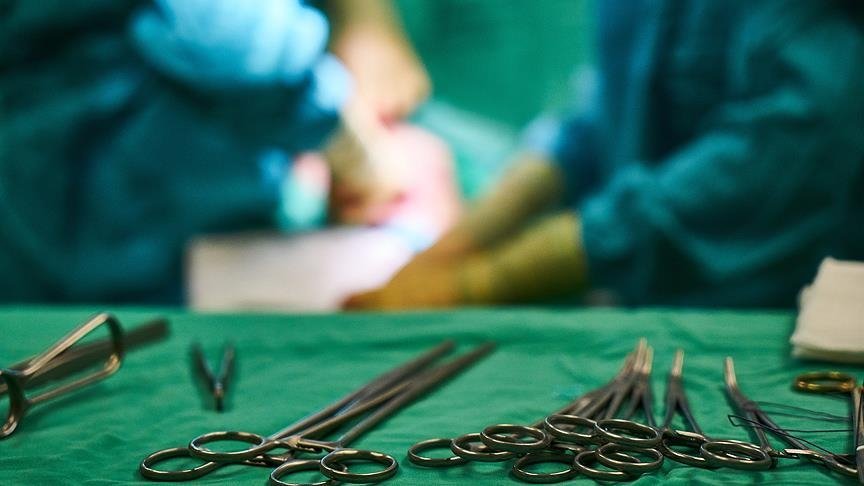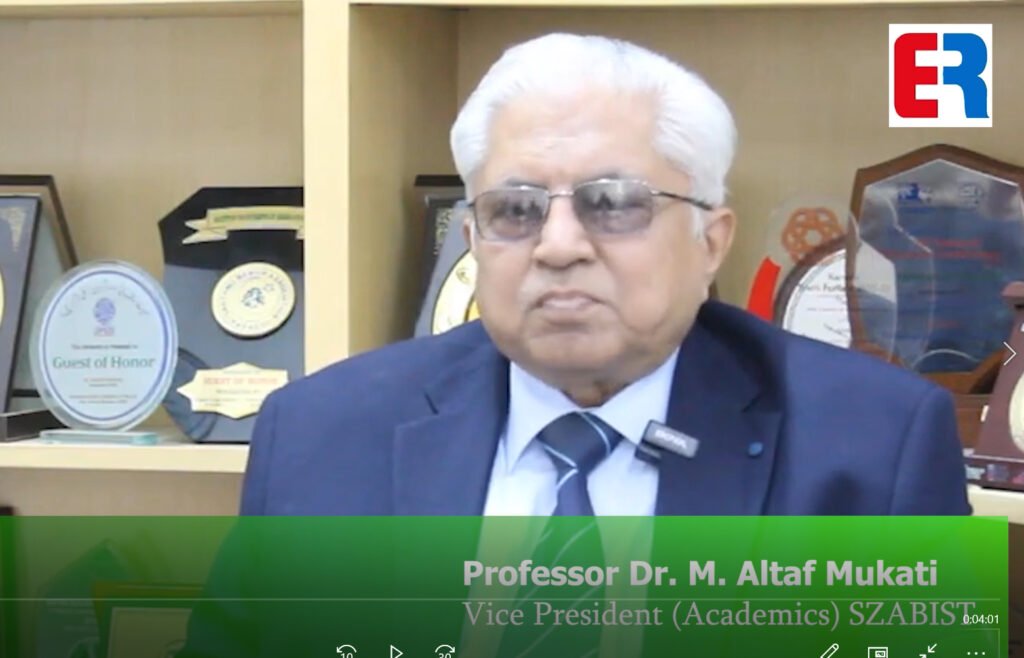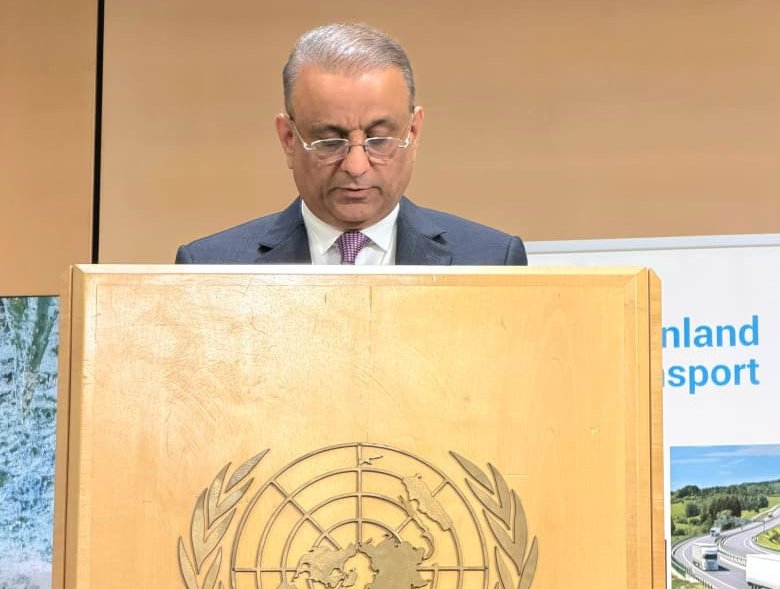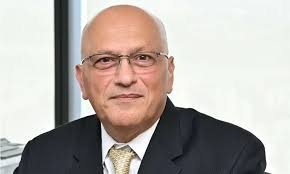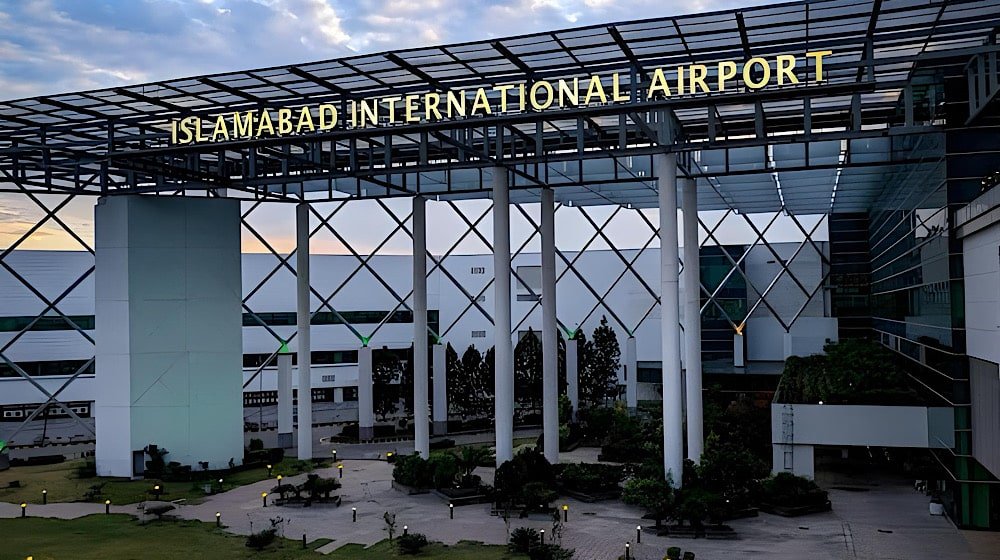WORLD
Scottish and US team calls procedure potential ‘game changer’ that could transform stroke treatment if approved for patient use
Surgeons from Scotland and the US have successfully performed what is believed to be the world’s first remote stroke operation using robotic technology, BBC reported Monday.
Prof Iris Grunwald of the University of Dundee carried out a remote thrombectomy — the removal of a blood clot after a stroke — on a human cadaver donated to medical science. Grunwald operated from Ninewells Hospital in Dundee, while the body was located across the city at the university.
Hours later, Ricardo Hanel, a neurosurgeon based in Florida, performed the first transatlantic robotic procedure from his Jacksonville office on a human body in Dundee, more than 4,000 miles (6,400 kilometers) away.
The team described the achievement as a potential “game changer” if approved for clinical use, saying it could revolutionize stroke care by allowing specialists to treat patients remotely.
Delays in reaching specialized treatment centers can significantly affect recovery outcomes. Experts said robotic systems could help close that gap, especially in remote or underserved areas.
Prof Grunwald said: “It felt as if we were witnessing the first glimpse of the future. Where previously this was thought to be science fiction, we demonstrated that every step of the procedure can already be done.”
The University of Dundee, a global training center for the World Federation for Interventional Stroke Treatment, is the only institution in the UK where doctors can operate on cadavers with liquid circulating through vessels to mimic human blood flow.
“This was the first time that we could perform the whole mechanical thrombectomy procedure in a real human body to show that all steps of the procedure are possible,” Grunwald said.
Juliet Bouverie, chief executive of the Stroke Association, called the transatlantic operation “a remarkable innovation.”
“For too long, people living in remote and rural areas have been deprived of access to thrombectomy,” she said. “Robotics like this could rebalance the inequity which exists in stroke treatment across the UK.”
Researchers said the success of the trials could pave the way for global adoption of remote stroke care, allowing patients in isolated regions to receive life-saving treatment without traveling long distances. – ERMD
READ MORE
SZABIST to Close Dubai Campus After HEC Policy Constraints: Dr. M. Altaf Mukati
PAKISTAN SZABIST University has announced the closure of its Dubai campus, with the last batch…
OGDCL Announces Oil, Gas Discovery at Baragzai X-01 Well in KP
PAKISTAN Oil and Gas Development Company Limited (OGDCL) has announced a new oil and gas…
Aleem Khan Invites Global Investors to Invest in M-6 Sukkur–Hyderabad Motorway Project
PAKISTAN Abdul Aleem Khan has underscored Pakistan’s growing role as a vital “economic bridge” linking…
OGDCL Tests New Gas and Condensate Well at Dars West Field in Sindh
PAKISTAN Oil and Gas Development Company Limited (OGDCL) has successfully tested a new development well…
HBL Reappoints Muhammad Nassir Salim as President & CEO for Two-Year Term
PAKISTAN Habib Bank Limited (HBL) has announced the reappointment of Mr. Muhammad Nassir Salim as…
PC Board Forms Committee to Negotiate with ADB on Islamabad Airport Privatisation
PAKISTAN The Privatisation Commission Board (PC Board), in its 248th meeting held on Monday, constituted…

